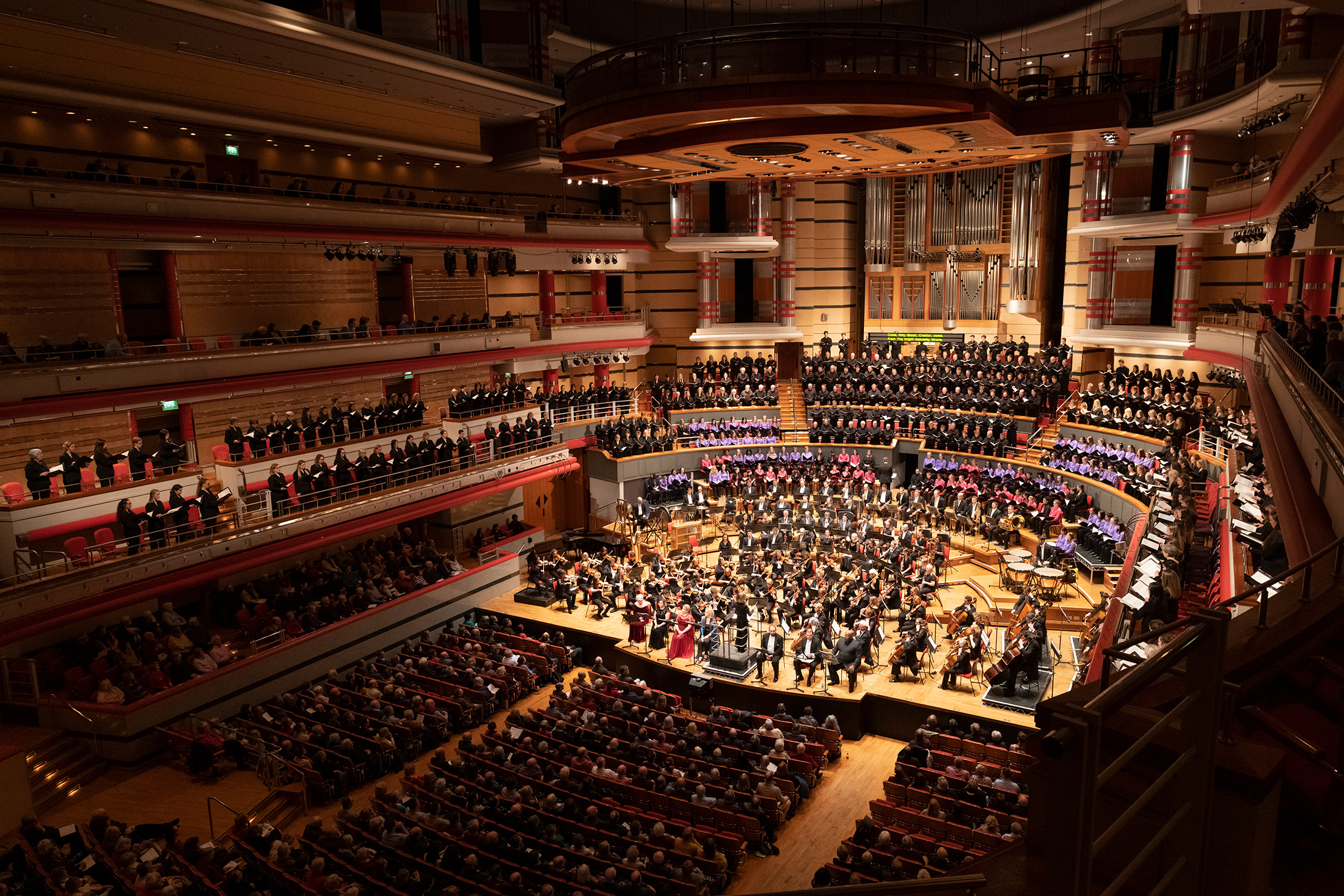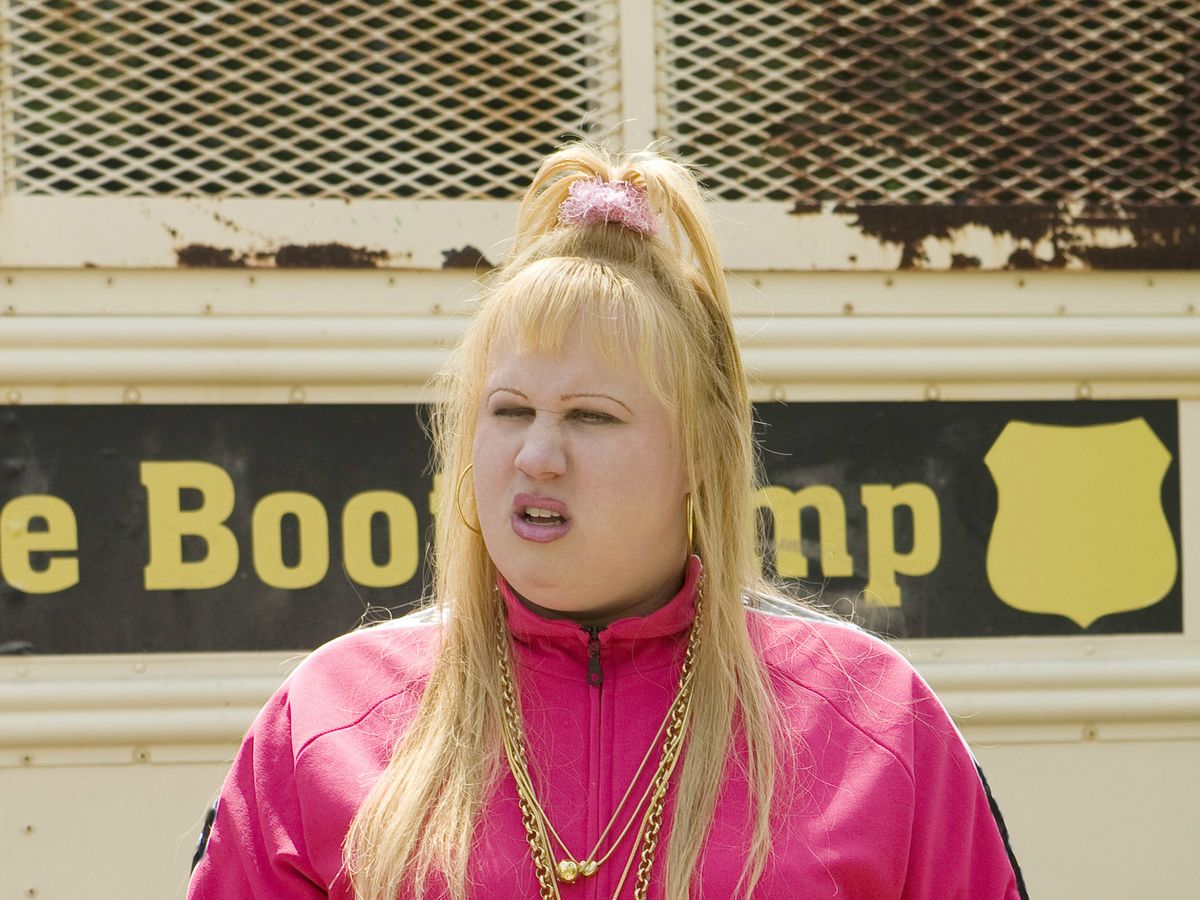This week’s update from (near) the English Riviera – Falmouth
Without live events there seems to be little impetus to write. Since the £1.57 billion pledge to the UK arts scene, it feels a little as though the fire has gone from the fight. Nicola Benedetti stoked the grate a considerable amount a week last Friday with her appearance on Scala Radio. Good promo for her chart-topping Decca (physical) release of Elgar’s Violin Concerto with the LPO on 7 August..
But there is, as a good friend recently posited just this week, a sense of resignation about the return of live performance. And whilst the seemingly never-ending album and track releases might act as a substitute, their rate impacts on noteworthines. All of these recordings battle for us streamers attention. The music pluggers and programmers would have you believe that the mere fact that something has been released is in itself the newsline. Difficult to believe. Finding the editorial line in a world devoid of occasion is a challenge.
Socially-distanced concerts are back on
On the flipside, three organisations announced socially distanced concerts over the past ten days: Bournemouth Symphony Orchestra from September (‘as and when guidelines allow’); Academy of St Martin in the Fields (23 August at St Stephen’s Church, Dulwich); and Snape Maltings Concert Hall starting up their offer on 21 August. At the time of writing all three days of concerts at Snape for a ‘small and socially distanced audience’ had sold out.

The restaurant experience isn’t much different from before
I’ve been staying in Falmouth over the past few days with members of the extended family, some of whom work in the catering and hospitality industry. Conversations with them about loopholes (the one about repurposing a currently redundant function room at a golf club as a restaurant that can house 150 people nicely gets around the restriction of mass gatherings it seems) combined with an experience at a local restaurant prompted me to reflect on the equivalent for concert venues and theatres. During our Saturday lunchtime snack at a restaurant on the high street, members of bar staff are masked, awkwardly maintaining a social distance and asking us to submit our contact details for track and trace, whilst diners sit in surprisingly close proximity (certainly less than a metre) inside and out and eat their food. I make the observation with my party that I’m not feeling unduly ill-at-ease, and that save from the various table staff milling around with their masks on, nothing is that different from normal. It prompts me to reflect that the restrictions are placed on live performance venues, they’re not wholly down to the careful consideration of health and safety regulations in a COVID-ridden world. Smells more like organisational ineptitude to me.
Southbank confusion
I’m struggling to know what to think about the Southbank Centre connundrum. First, an open letter sent by members of the considerable number of staff at risk of redundancy pointing to (amongst other things) senior executive pay, and an intention by SBC management to mothball the site until 2021.
Some of the points responded to in the response by all the senior execs was inevitable, though the absence of the CEO Elaine Bedell on the list of signatories seems odd to say the least.


It’s all a little painful to read. Catastrophic thinking is inevitable. The idea that a building so dear (to me and a few others at least) could now be embroiled in an argument which if not resolved could come to represent how the global pandemic exposed some of the systemic issues classical music and the arts has failed to grapple with is a little sad. Maybe good will eventually come of it. I do hope so. I still consider the Southbank Centre a special place. Unsurprisingly, the Southbank Centre turned down the opportunity for a podcast interview saying they’d be back in touch with details about their plans in due course. Tsk.
I’m inclined to agree with #SouthbankSOS’s final para in the response to the Senior Execs letter.
SOS: The fact that Southbank Centre’s leadership are choosing to press ahead with this brutal programme of redundancies before they seem to have a clear understanding of whether they are eligible for a Government grant or loan suggests that they are using this crisis as an opportunity to carry out a cost-saving restructure. By making the majority of their staff redundant now they will be able to use the Government bailout – which it seems clear to us that they will receive – for something other than saving jobs or honouring their own redundancy policy.
https://saveoursouthbank.com/southbanks-response/
Surprising coaching revelations
Many readers know I work as a leadership coach. Some maybe surprised that I have in the past couple of months signed up for a leadership coaching programme myself. Part of that coaching experience for me on the receiving end of the process is to reflect. What has come to the fore in an unexpected way is the feeling – and that’s all it is right now – of unfinished business, or perhaps unrealised ideas pertaining to work in the classical music world.
During recent sessions I’ve stumbled on the notion of the ‘Hero Story’ and ‘Shadow Careers’, the way in which we live a shadow-life instead of the life we intended or hoped to. And how, when put into the context of the ‘Hero Story’, one can return to the original career or intention renewed by the discoveries made during our shadow career.
It’s prompted me to return to that period of time when I worked in arts admin, the new opportunities I was energised by towards the end of it, and to reexamine my reasons for leaving it behind. There is more work to be done here (and probably more to write about). But the time feels right now to explore more of what happened before in order to understand where best to go next.



